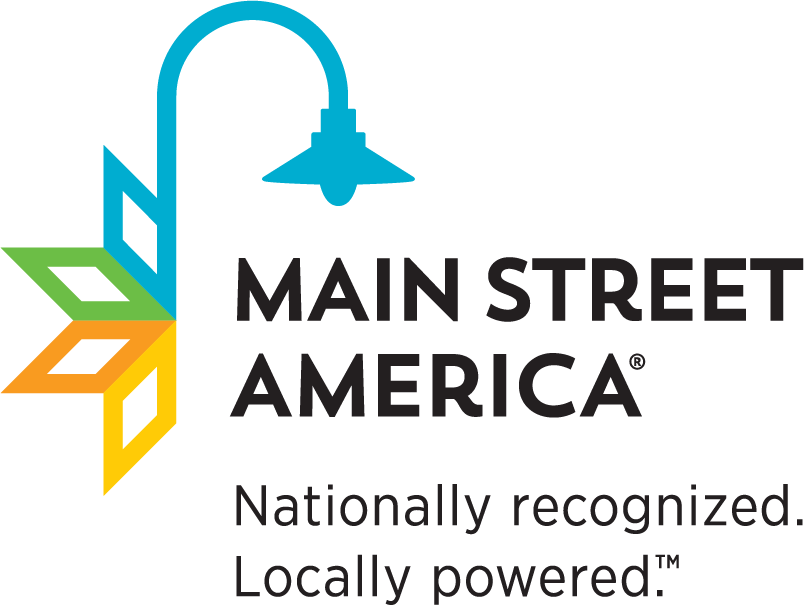The following information came from Linn County Public Health through Mount Vernon City Administrator Chris Nosbisch…
—
WHAT IS SELF ISOLATION?
What is Self Isolation? Updated: 3/18/2020
It is recommended that Iowans self-isolate for 14 days in the following situations:
If you have been on an international cruise in the last 14 days.
If you have traveled internationally in the last 14 days to a country with a Level 3 Travel Warning in place.
If you live with someone who has symptoms of COVID-19 or has tested positive for COVID-19.
What does self-isolation mean?
Stay home and do not go to school, public areas or attend gatherings.
Do not use public transportation, ride sharing or taxis.
Postpone all travel.
Wash your hands often and practice good hygiene.
Postpone all non-essential medical appointments until you have completed your 14 days of self- isolation. If you have an essential medical appointment during this time, please work with your healthcare provider and local public health professionals as needed to help coordinate the visit.
What should I be watching for during self-isolation?
Take your temperature twice a day. Watch for a fever.
Watch for cough or difficulty breathing.
What about the people I live with?
Family members or other persons who reside in your home may remain in your home, but you should stay in a specific room away from others in your home and use a separate bathroom (if available).
As long as you remain healthy, the other persons in your home can go about their daily activities as normal (there is no restriction on their movement).
You should not have direct contact with any animals (i.e., dogs, cats, pigs, cattle, sheep and goats) out of an abundance of caution. Arrange for your pets to be cared for and housed outside of your home, if possible.
What should I do if I develop a fever, cough or have difficulty breathing? Sick Iowans must stay home and isolate themselves from others in their house. Approximately 80% of Iowans infected with COVID- 19 will experience only a mild to moderate illness. Most mildly ill Iowans do not need to go to their healthcare provider or be tested to confirm they have COVID-19.
If you are sick, stay home until:
You have had no fever for at least 72 hours (that is three full days of no fever without the use of medicine that reduces fevers), AND
other symptoms have improved (for example, when your cough or shortness of breath have improved), AND
at least 7 days have passed since your symptoms first appeared.
If you think you may need healthcare, call first. Your provider can assess whether you need to be seen in the office or if you can recover at home. Also, there may be options for you to talk to a medical provider from home using technology.
—
ISOLATION GUIDELINES FOR IOWANS
OVID-19 is circulating in Iowa communities and many more Iowans are likely to become ill in the coming weeks. This guidance describes isolation recommendations for well Iowans with potential COVID-19 exposure and Iowans who are ill with fever or respiratory symptoms (like cough or difficulty breathing).
Isolation recommendations for well Iowans with potential COVID-19 exposure Iowans should stay at home and isolate themselves from other people and animals in the home in the following situations. Isolation should be in place for 14 days after the last exposure. Taken a cruise anywhere in the world in the last 14 days. Traveled internationally to a country with a level 3 travel warning in the last 14 days. Live with someone who has symptoms of COVID-19 or has tested positive for COVID-19.
Isolation recommendations for Iowans ill with fever or respiratory symptoms (like cough or difficulty breathing) Approximately 80% of Iowans infected with COVID-19, will experience only a mild to moderate illness. Most mildly ill Iowans do not need to go to their healthcare provider or be tested to confirm they have COVID-19. Sick Iowans must stay home and isolate themselves from others in their house.
Stay home and isolate from others in the house until: You have had no fever for at least 72 hours (that is three full days of no fever without the use of medicine that reduces fevers) AND other symptoms have improved (for example, when your cough or shortness of breath have improved) AND at least 7 days have passed since your symptoms first appeared.
If you think you may need healthcare, call first. Your provider can assess whether you need to be seen in the office or if you can recover at home. Also, there may be options for you to talk to a medical provider from home using technology.
—
ISOLATION GUIDELINES FOR ESSENTIAL SERVICES PERSONNEL
Isolation Guidance for Essential Services Personnel Update 03/18/2020
COVID-19 is circulating in Iowa communities and many more Iowans are likely to become ill in the coming weeks. This guidance describes isolation recommendations for ill and well Iowans and essential services personnel.
Essential services personnel includes the following categories: Healthcare providers Law enforcement Fire & EMS personnel Long Term Care personnel Residential Support Facility personnel Public Health & Emergency Management personnel
Isolation Recommendations for Well Essential Services Personnel with Potential COVID-19 Exposure Essential services personnel would be considered exposed to COVID-19 in the flowing situations: Taken a cruise anywhere in the world in the last 14 days Traveled internationally to a country with a level 3 travel warning in the last 14 days Live with someone who has symptoms of COVID-19 or has tested positive for COVID-19 Provided care for a patient with symptoms of COVID-19 or has tested positive for COVID-19 without using proper PPE Had close contact (within 6 feet for more than 2 minutes) with a person who is visibly sick with respiratory symptoms (i.e., sneezing, coughing) or says they are sick with fever or respiratory symptom
Essential services personnel are allowed to go to work as long as they remain asymptomatic and monitor their temperature at the beginning and end of their shift. If essential services personnel become symptomatic at any point during their shift, they should be sent home immediately and self-isolate until the conditions below (recommendations for all ill essential services personnel) are met. When Essential Service Personnel are not working, they should stay at home and isolate themselves from others in the home for 14 days after their last exposure.
If essential services personnel are providing healthcare in a hospital, long term care, or residential care facility- they should wear a procedure/surgical mask when providing care (within 6 feet of patients).
Isolation Recommendations for Essential Services Personnel ill with fever or respiratory symptoms (like cough or difficulty breathing) Stay home and isolate from others in the house until: You have had no fever for at least 72 hours (that is three full days of no fever without the use medicine that reduces fevers) AND other symptoms have improved (for example, when your cough or shortness of breath have improved) AND at least 7 days have passed since your symptoms first appeared.



